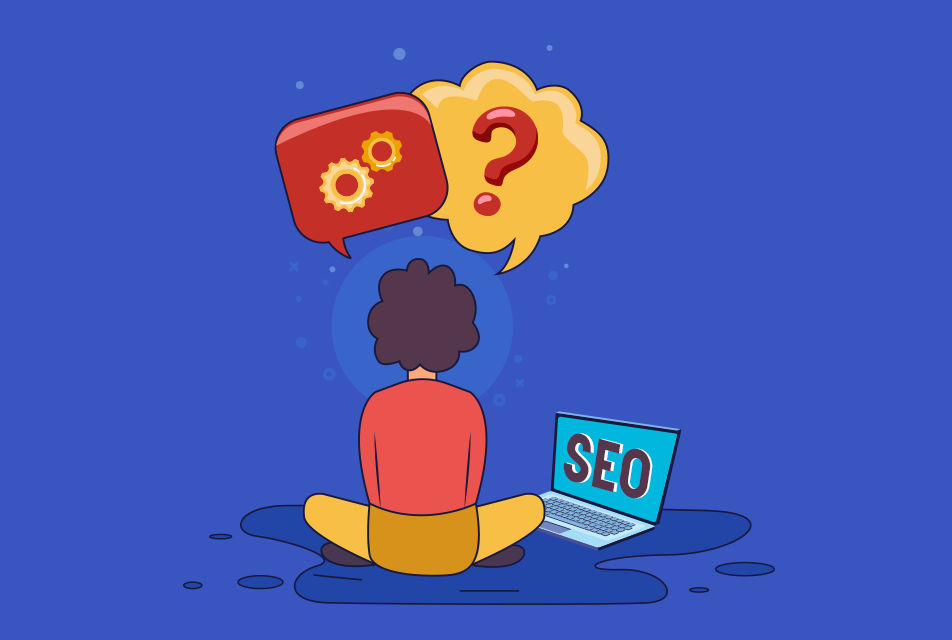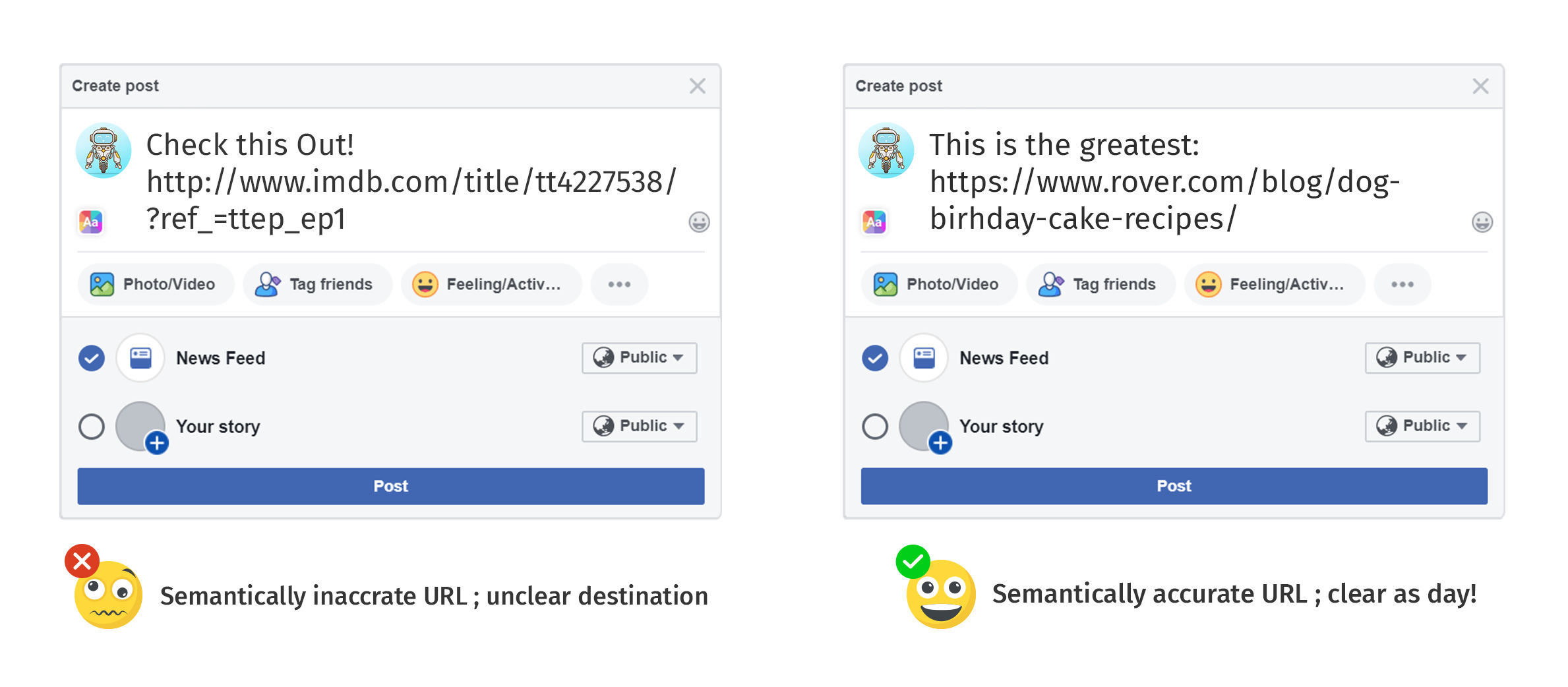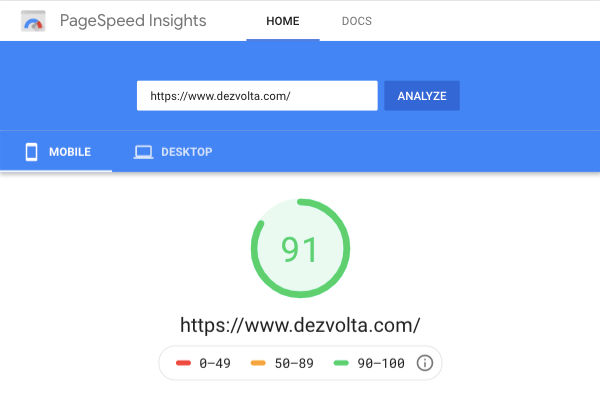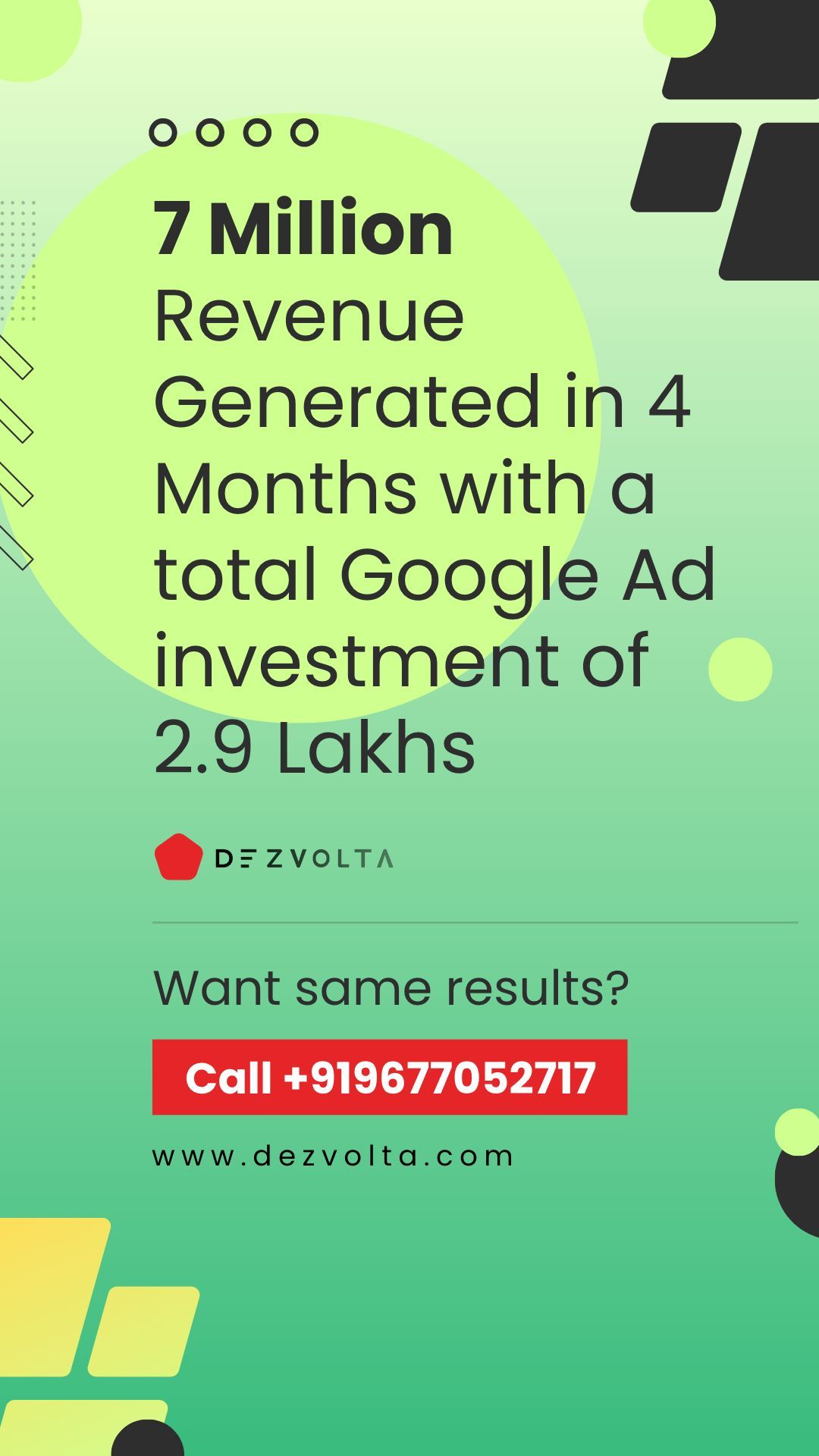
The SEO landscape is very dynamic in nature; it is always changing. But if you get the basics right, you can quickly achieve the desired goals for your website.
The SEO trends change every year, and with Google inclining more and more toward providing the user with the best answers for their queries, it is expected to change much more. It’s not just about the right keyword anymore, SEO now is all about what value you are providing the users with.
What is SEO?
Search Engine Optimization is a method of optimizing content so that it can be found easily through search engines and rank higher. In other words, SEO is all about improving your site’s rankings organically.
Organic vs Paid Search
Organic traffic is a natural way users find and reach your site without being manipulated by paid ads or targeted marketing. Organic traffic is the best, and you should always aim to get more and more of it.

While paid search is the one that appears at the top of search results which a lot of marketing companies are offering today. The small font with ‘Ad’ written in bold letters indicates that the search result is paid. But despite this indication, many users click on the link as it appears on top and also because it easily can blend in with its native and less obtrusive design.
How to optimize for Google?
Google has approximately 200 factors that it uses to rank your website. There are some who say that it is more than 10,000, but it is unclear right now about how many factors Google uses.
SEO is not as tough as rocket science, but it is not that easy also. There are approximately 83% of companies that are not using any SEO technique to optimize their website. So there are excellent chances that with a little bit of research, quality content, and a bit of patience, your small business can skyrocket to the top of search engine rankings.
Expert Recommendation: Hire an Best SEO Company that offers professional SEO services.
Factors that impact On-page and Off-page SEO:
On-page SEO
On-page SEO includes optimizing every element present on your website, including the code, textual content, visual components, and other such elements.
You have the full control of managing all the visual aspects of your website. Focusing on the on-page SEO will ultimately affect your off-page SEO also and can also make it successful. If your link-building with a crappy looking website that isn’t optimized correctly, then it will be an even tougher job.
1. Keyword research
To get found online, you need to know what the users have been searching for. While you craft your content, you should focus on what words the users are precisely looking for. When you are working on creating a post, make a list of words that you think the user might be looking for.
For example, if a user is searching for ‘friendly coffee shops near me.’ Then your post should include words such as coffee shops, cafes, coffee bars, and many more. You can even check Google’s ‘searches related to’ section that appears at the bottom of the search page.
The sections will indicate which are the popular keywords and so you don’t need to guess which words are popular and come straight from Google.
2. Meta tags
Meta tags are the invisible line of codes that are seen only by the search engine, and they are present to provide data about the page to the search engines. They make it easier for search engines to determine what the page is about.
The meta tags are placed in the <head> section of a HTML page. The user can edit everything based on their requirements. If you are using CMS platforms such as WordPress, then using a plugin, it can be easier to edit the canonical tags or meta title tags.
There are also robots meta tags that tell the search engine which pages of your site should be indexed and which should not. A robot meta tag which tells the search engine not to crawl or index a specific page looks something like this,
<meta name =”robots” content=”index”>
3. Heading title tags (H1-H6)
Heading tags are used to identify different sections in your textual content.
H1 tag is the most important heading tag, so the post title will have an H1 tag, so the headings become less important as we move from H1 towards H6. Therefore H6 is the least important and will be placed accordingly. Using proper heading tags has two main advantages:
- For search engines, the page becomes more natural to read, and content can be thus separated that way.
- For the user, it becomes easy for them to differentiate headings and subheadings so they can quickly skim through the whole text if in a hurry.
Using proper heading tags makes the optimization more meaningful, and thus it can help you in achieving better rankings.
4. Keyword density
Keyword density gives you the percentage of how many times your keyword appears on the whole text looking on that page. This means if you are using a keyword 10 times in a 1000 word text, then the keyword density is 10%. The formula used is as follow,
Google doesn’t have any specific percentage that you need to match as it suggests you to write content naturally. But the general practice says it is good to keep the keyword density between 1-3%.
Although today the value for a keyword is becoming less and less important compared to the site quality and site authority. You should focus on using the keyword naturally and not stuff the entire site with it. It will just make your text look like a spam article.
So the question comes to mind, where should you keep your keyword?
- In the title of your blog
- Meta title tag
- Starting paragraph of the post
- At the end of the post
- In the alt-text for images
Keep your text natural and avoid stuffing it with keywords.
5. Optimize URL for SEO
A URL indicates to the user what the destination page is all about. In a case when the title tag is not visible, then also the URL might indicate about the topic.

URL is a minor but essential ranking factor. They do provide authority to the overall domain name but also highlight the keyword that users are searching for. URL themselves do not hold much sway over your website rankings, therefore if you can, naturally add keywords to it; don’t force your keyword in the URL.
6. Optimize images
There is an old saying which goes something like this “a picture is worth a thousand words,” and that applies to your article as well. The easiest way to make a 2000 word post more interesting is to add images that draw the reader’s attention.
As per Google’s vision for the future of search, the images will draw more traffic than just textual posts. So it becomes a must to add images that can bring a lot more traffic to your site. So how can you optimize your images?
Here are a few points to start:
- Pick images that are smaller in size so your page can load quickly.
- Use WebP images that preserve the quality and are also smaller in size. You can use squoosh, which can easily convert any photo to WebP format.
- You can also use the SVG format for icons and logos. CSS and javascript make it easy to resize the images without loss of quality.
It is also essential that your images are responsive. For better results, Google also ranks pages well that have responsive design and works well on all devices.
7. Page Speed
Pagespeed is the time taken by the page to load for your site. It can also be described as the “time to first byte,” which means how long it takes for your browser to receive the first byte of information from the server.
If you are using WordPress then Google’s Site Kit plugin, then it provides you with the insights of Google Analytics and Google Search console but also provides you with insights about the page load time of your site.

Google has officially declared that one of the essential features that it considers for ranking a page is the page speed. So, slow page speed can increase the time taken by the bots to crawl your page, and that can result in negative impressions on your search engine rankings. Here is a list of few points that you can follow to improve your page speed,
- Minify HTML, CSS, and JavaScript -You can optimize your code by removing useless codes and comments.
- Reduce redirects to other URLs -Each time you make the user redirect to another URL, the browser has to request for new HTTP cycle.
- Use browser caching -A lot of browsers today stores the cache of a website the user visits so that when it is revisited, it doesn’t need to load again.
- Optimize images -As I mentioned earlier, the images having big sizes, so in order to reduce the page load time, compress your images, and use image formats that are smaller in size.
If you are running on WordPress, here is a Step-by-Step Guide to Speed up WordPress.
Off-page SEO
Off-page SEO refers to the optimization that you can do to improve the rankings of your site in terms of search engine rankings. Simply put, anything happening outside your site that brings traffic to your website such as Social Media Marketing, Bookmarking, Guest blogging, and so on.
All these tactics of search engine optimization will give the search engines a glimpse of how your website is perceived by other users across the globe and other internet users. What happens off-page is a lot important as compared to what happens on-page. You can produce top quality content, but if you can’t pull traffic or view, then it’s all futile.
Let’s see some of the methods available out there that can help you optimize off-page SEO,
8. Link building
Whenever we talk about SEO, link building always comes on top. The first thing to know about link building is to build and chase high-quality links.
What you are doing by making a lot of links is accumulating as many ‘votes’ as you can for your website. This will help you reach a broad audience and bypass your competitors to rank higher.
Link building is essential, but it will give you results only if you do it right. Most beginners try to put their links in places such as forums, link networks, blog directories, article directories, and many such sites. Link building done through this kind of activity is called Black Hat SEO, and there are very high chances that it can work against you.
Try bringing links from websites that have high DA (Domain Authority) and PA (Page Authority). If your website gets mentioned on sites such as Wikipedia, then it is definitely White Hat SEO and can really boost the ranking for your website.
9. Social Media Marketing
Social Media is the best place to share your content and grow your network. Social media marketing is also a kind of link building. Most links that you get from social media sites are “NoFollow,” but they do bring some value.
Today platforms such as TikTok, Instagram, Facebook, and WhatsApp do the best job today to engage users for more extended periods and serve them with relevant content. Brands saw the opportunity to market themselves on the platforms and promote their products there.
More shares and likes on social media play a massive role in making your business grow. If any of your posts get a lot of likes and comments, then it can even end up going viral, which means it will reach an even broader audience. Many IT companies on Goodfirms offer you planned social media marketing tactics that can jump your site’s traffic.
But when you are working on open platforms such as Facebook and Instagram, it is essential to monitor the reputation of your brand continuously. Brand mentions on social networks are often counted as links in the eyes of Google. Therefore a trustworthy brand image will give your brand a boost in terms of search engine result pages (SERP).
10. Guest Posting
While making a trustworthy image for your brand, it also essential to give something back to the community every now and then.
Guest posting can do wonders for your site, but if it is done correctly. There are a lot of sites available out there that let you post your articles on their websites with even “DoFollow” links sometimes. But it can often turn out that those sites are not trustworthy and filled with crappy content.
Final Word
Search algorithms keep on changing from time to time. Therefore knowing how search engine algorithms work and trying to create content that ranks is very important. Despite such changes, some factors like domain authority and matching the search intent are one of top ranking factors and will remain the same in the coming future.
Author:
I am Greg Wilson, a Content Writer working with GoodFirms, a research and review platform for service and software companies. I am passionate about blogging, creative writing, social media, and content marketing. I write blog posts for GoodFirms about SEO softwares, Cloud computing, IoT development, and many more such categories.

